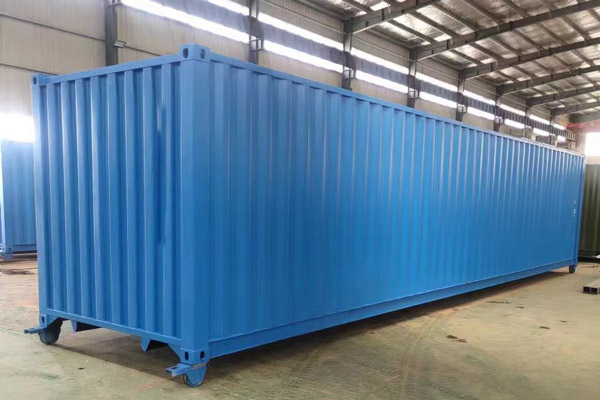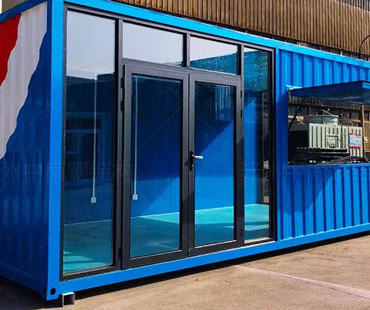In an era where environmental concerns are at the forefront of global discourse, the logistics and transportation industries are taking significant strides towards sustainability. One notable development is the rise of eco-friendly containers, which are revolutionizing the shipping industry by utilizing renewable materials and promoting green transportation practices. This article explores the innovative materials being used, the benefits of eco-friendly containers, and the broader implications for the environment and global trade.
The Shift Towards Renewable Materials
The traditional shipping containers, typically made from steel, are durable but come with a significant environmental cost. The production and disposal of steel containers contribute to greenhouse gas emissions, resource depletion, and pollution. In contrast, eco-friendly containers are crafted from renewable materials such as bamboo, recycled plastics, and even biocomposites.
Bamboo, for instance, is a fast-growing, sustainable resource that can be manufactured into lightweight yet sturdy containers. Similarly, recycled plastics not only reduce waste but also lower the carbon footprint associated with the production of new materials. Biocomposites, made from natural fibers and polymers, are increasingly being utilized for their strength and minimal environmental impact. These materials not only reduce reliance on fossil fuels but also can be composted or recycled at the end of their life cycle, contributing to a circular economy.

Advantages of Eco-Friendly Containers
1.Reduced Carbon Footprint: The use of renewable materials significantly lowers the carbon emissions associated with container production. This is crucial in an industry that is responsible for a substantial portion of global emissions.
2.Enhanced Durability: Many eco-friendly materials, such as biocomposites, are designed to withstand harsh environmental conditions, making them suitable for prolonged use in shipping.
3.Regulatory Compliance: As governments worldwide implement stricter environmental regulations, using eco-friendly containers can help companies comply with these laws, avoiding penalties and enhancing their market competitiveness.
4.Positive Brand Image: Businesses that adopt sustainable practices often enjoy a more favorable public perception. Consumers today are increasingly inclined to support companies that demonstrate environmental responsibility.
5.Cost Savings: Although the initial investment in eco-friendly materials may be higher, companies can achieve long-term savings through reduced fuel consumption, lower disposal costs, and potential tax incentives for sustainable practices.
The rise of eco-friendly containers is closely linked to broader green transportation initiatives. Shipping companies are increasingly adopting practices that minimize environmental impact, such as optimizing shipping routes to reduce fuel consumption, utilizing energy-efficient vessels, and implementing alternative fuels like biofuels or hydrogen.
Moreover, the integration of technology plays a vital role in enhancing the sustainability of transportation. Real-time tracking systems allow companies to optimize their shipping processes and reduce idle times, further decreasing emissions. Additionally, the development of electric and hybrid vehicles for last-mile delivery is transforming logistics, making them more environmentally friendly.
The shift towards eco-friendly containers and sustainable transportation practices has far-reaching implications for global trade. As the demand for sustainable logistics solutions grows, companies that fail to adapt may find themselves at a competitive disadvantage. The transition to green practices not only benefits the environment but also drives innovation, creating new market opportunities in the realm of sustainable shipping.
Furthermore, the adoption of eco-friendly containers can lead to a more responsible approach to resource management in the supply chain. As businesses recognize the importance of sustainability in their operations, they are likely to collaborate more closely with suppliers who prioritize eco-friendly practices, fostering a culture of environmental stewardship throughout the industry.
The rise of eco-friendly containers marks a significant step towards a more sustainable future for the shipping and logistics industries. By leveraging renewable materials and embracing green transportation practices, companies can reduce their environmental impact while remaining competitive in an increasingly eco-conscious market. As the world continues to grapple with the challenges posed by climate change, the adoption of sustainable practices in the shipping industry is not just a trend; it is a necessity for the health of our planet and future generations. The combination of innovation, responsibility, and collaboration will pave the way for a greener, more sustainable global trade landscape.


